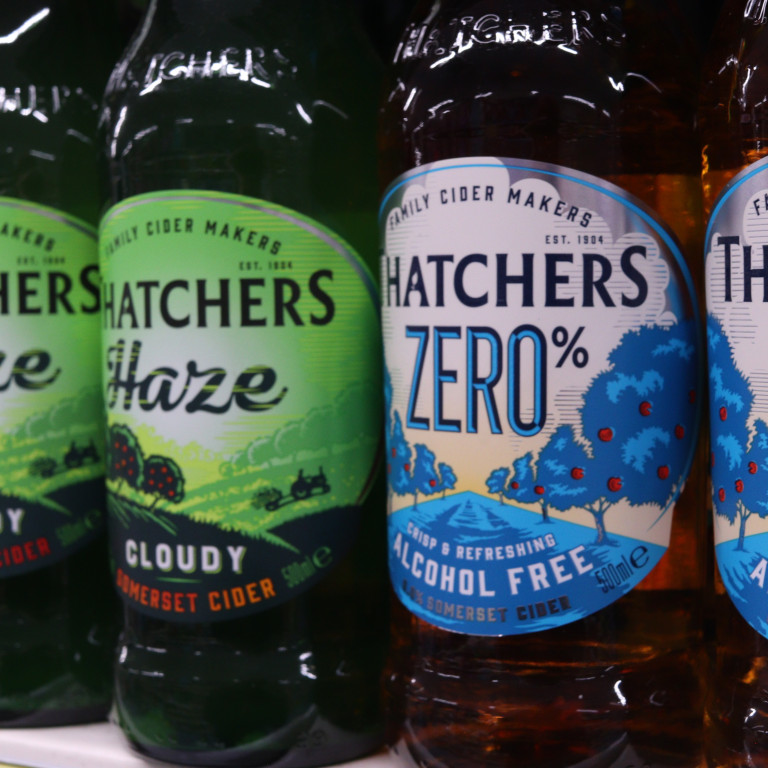The Intellectual Property Office will usually send the owner of a registered trade mark a letter giving notice that an application has been received for the registration of a similar trade mark. This is usually the first they will have heard of the competitor.
The letter helpfully sets out the trade mark opposition procedure but of course, does not give tactical advice on how best to proceed.
What options does the trade mark owner have?
There are 3 main options available to the owner of an existing trade mark on receipt of a notice from the Intellectual Property Office that a similar mark has been applied for:
- Do nothing – think carefully about the applicant’s target market, is it likely to conflict with the prior trade mark? If there is a risk but only minimal, consider a coexistence agreement. This acts as a binding contract to prevent the competitor from using the prior trade mark to sell agreed products or services which might never have been achieved by opposition or infringement proceedings.
- File an objection immediately either on paper or via the fast-track opposition process – this will limit recovering your legal costs even if your objection is successful so should be done with caution and only where immediate action is essential or the applicant is flagrantly seeking to take advantage of the prior mark. The Trade Marks Tribunal takes into account parties’ conduct when awarding costs, including failing to allow the applicant to withdraw.
- File a ‘notice of intended opposition’ using form TM7a to extend the opposition period from 2 months to 3 months - this will hopefully cause the applicant to withdraw on the basis that they would rather avoid opposition proceedings. The TM7a should be accompanied by a letter to the applicant demanding they withdraw and giving notice that if they do not, the objector will commence opposition proceedings. This is almost always the most sensible option because it gives both sides the chance to withdraw without being at risk of paying the other side’s costs. The applicant will lose their IPO fees but that is the price for not thoroughly searching the register and dealing with potential objectors beforehand.
What does the IPOs letter state?
The notice makes it clear that trade mark owners do not lose their rights against the applicant if they do nothing, leading the owner of the prior mark to believe they could defer taking action. While it is correct that invalidation proceedings are still open to an owner of the prior trade mark, these are much less likely to be successful and could mean the applicant is less likely to settle if they have then spent money on trade mark registrations, marketing, and merchandise. Even if they are successful, invalidation proceedings invariably take longer and cost more than most straightforward objections.
The IPO does not explain in their letter to owners of prior marks that the applicant may already be using the trade mark in their application and this will probably infringe the prior mark. The Trade Marks Tribunal which deals with opposition proceedings does not have jurisdiction to deal with this infringement. Objecting to an application is not the same as bringing infringement proceedings and does not have the consequence of requiring the applicant to stop using the mark, they just cannot have it registered. Infringement proceedings in the Intellectual Property and Enterprise Court should always be contemplated and the letter accompanying the notice of opposition could include the usual ‘cease and desist’ requirements of a letter of claim.
Find out more
If you would like any help or support then visit our dedicated Intellectual Property pages or contact our expert team.





